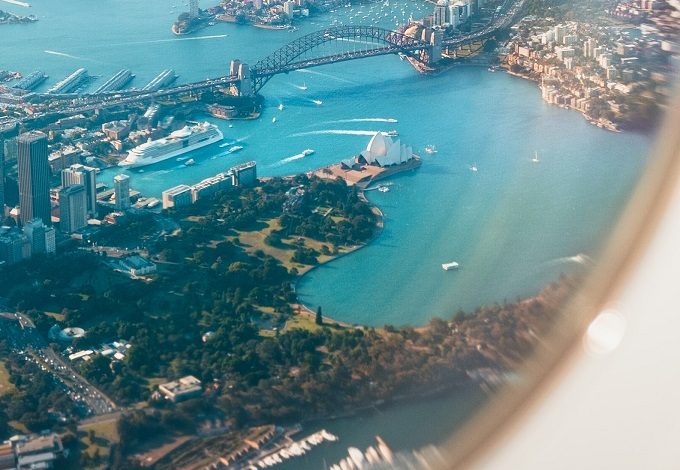
View from The Hill: With an abundance of caution, Palaszczuk puts out the unwelcome mat to Sydneysiders
As the Morrison government on Wednesday stepped up its attack on Western Australia over its refusal to open its borders, it faced a couple of awkward political questions.
The Prime Minister was quizzed at a news conference in Canberra on why his government was supporting Clive Palmer in his High Court challenge to the closure.
And on Perth radio, Attorney-General Christian Porter was asked whether the federal government would be thanked or blamed if Palmer won the case.
The Palmer challenge is in the federal court, which is dealing with matters of fact before the High Court hears it.
Well before the High Court decision, the federal government is calling the result, predicting the McGowan government is headed for a legal bruising.
“It is highly likely that the constitutional position that is being reviewed in this case will not fall in the Western Australian government’s favour,” Morrison said. Porter put the same view.
Whatever the ultimate court outcome, there is little doubt McGowan’s tough line has gone down a treat with his constituency. It has not just helped keep the state COVID-safe but fits nicely with those latent WA secessionist instincts.
The federal government is dealing with the bad look of being aligned with the discredited Palmer by simply denying the reality.
“Let me be clear, we are not supporting Clive Palmer,” Morrison declared, a proposition that was anything but clear.
“An action has been brought in relation to the WA border. It goes to quite serious constitutional issues which the Commonwealth could not be silent about,” Morrison said.
Porter’s take is that the Commonwealth isn’t arguing for either side in the case but is “a middle man…there to provide expert evidence”.
That evidence, however, backs up Palmer.
As a general rule Morrison, with economic considerations in mind, has never favoured closed state borders, though he had to give pragmatic support to the present NSW-Victorian closure. The states went their own ways regardless of Canberra’s view.
With no persuasive argument easily mounted at the moment to open any border to Victorians, the federal government wants WA to compromise by opening to low risk states.
Finance Minister Mathias Cormann, in an opinion piece this week, urged a “balance” between protecting the health of West Australians and “protecting current jobs and not standing in the way of the strongest possible jobs recovery”.
Porter warned WA’s all-or-nothing approach risked “an adverse finding in the High Court which requires you to do everything at once.” Both Porter and Cormann are West Australians.
As relations between the Morrison and McGowan governments became even more fractious over the border issue, Queensland premier Annastacia Palaszczuk announced on Wednesday she will close her border to Sydneysiders from 1am Saturday.
This followed two 19-year-old women who flew from Melbourne to Brisbane via Sydney and did not isolate (there is an investigation as to whether they gave false information). A third woman, a close contact, has also tested positive.
NSW premier Gladys Berejiklian wasn’t warned and, it can be assumed, wasn’t pleased. Earlier, she had been vociferous about the need for Queensland to open its border.
Asked about the Queensland action, Morrison said “I think it’s important to sort of put borders aside when it comes to those things”, preferring to focus on limiting movement of people from outbreak zones.
The PM wants targeted responses to outbreaks, not nuclear options.
His approach rests on an optimistic assumption – that limited outbreaks are capable of containment without a massive reaction, such as border closures or major lockdowns. For this to be correct, everything needs to go right.
The Morrison prescription also depends on other political leaders being willing to take some risks – and Palaszczuk and Mark McGowan are not.
Palaszczuk’s decision will bring economic costs for Queensland. Businesses expecting Sydney visitors will have cancellations, and future uncertainty will be created.
There will be some blowback for the premier, as she approaches the state election in October. But she calculates, probably correctly, the negatives will be a lot less politically dangerous than if she were seen to fail to do everything possible to protect Queenslanders’ health.
And the sudden high alert in Queensland is likely to just reinforce McGowan’s resistance to the federal government’s pressure to compromise.![]()
Michelle Grattan, Professorial Fellow, University of Canberra.This article is republished from The Conversation under a Creative Commons license. Read the original article.

AccomNews is not affiliated with any government agency, body or political party. We are an independently owned, family-operated magazine.




